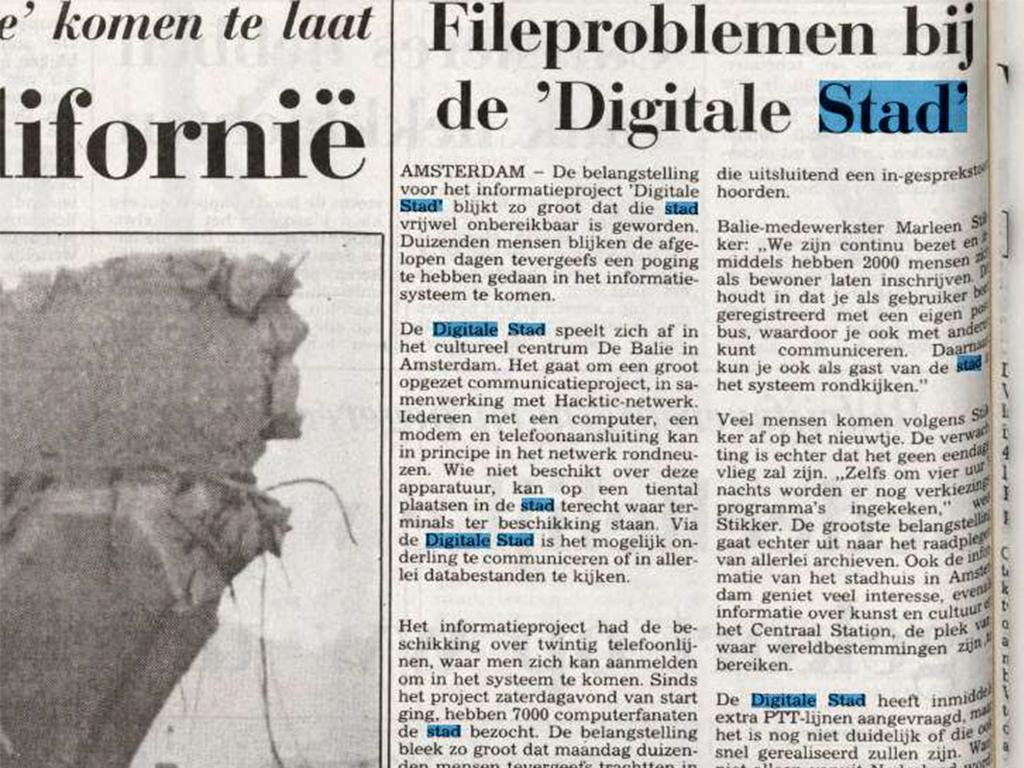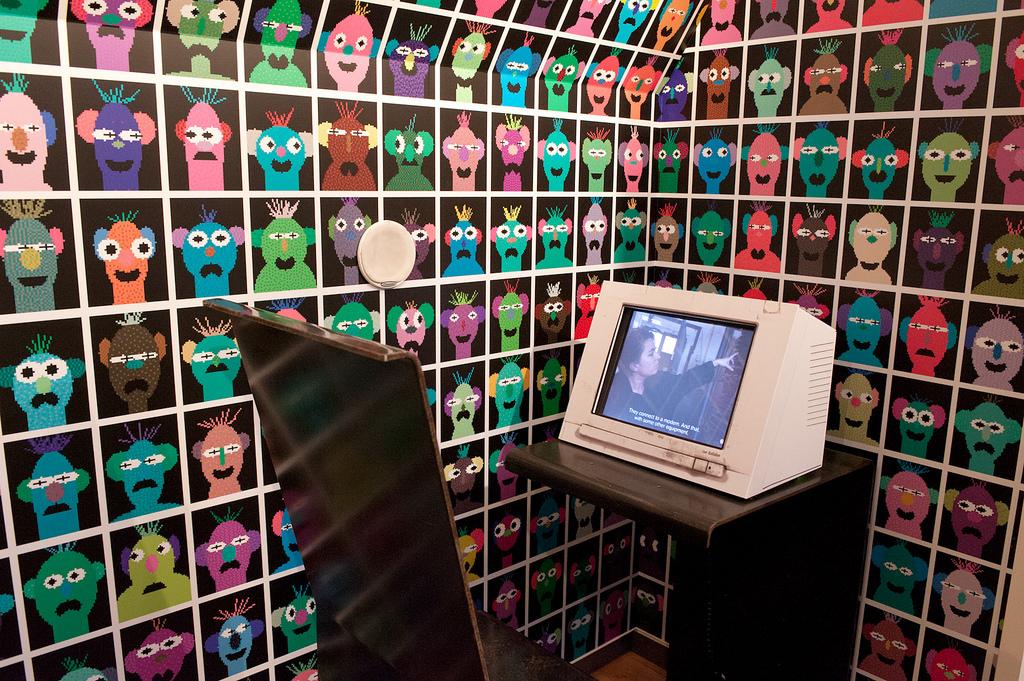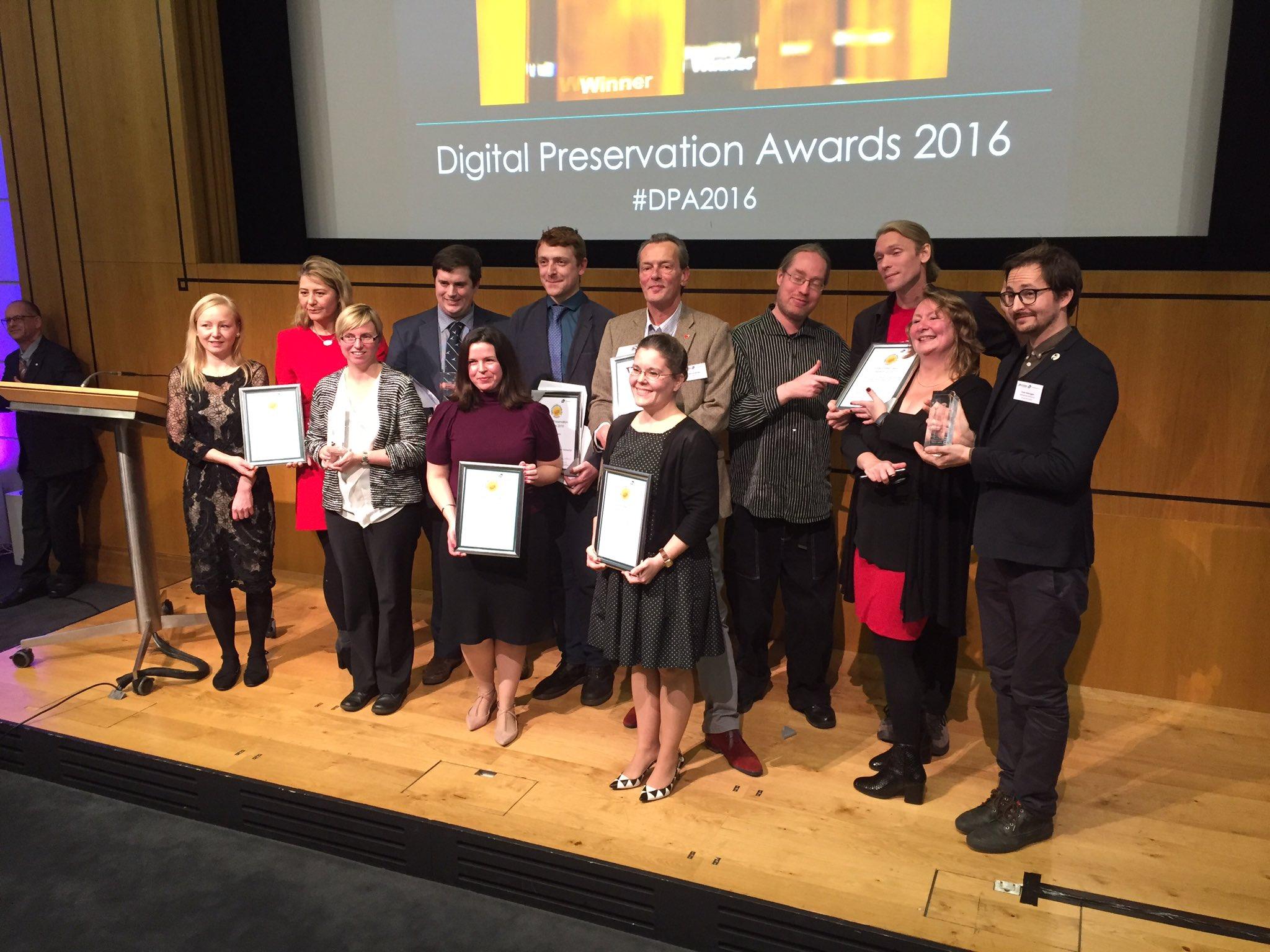Twenty years ago, on January 15 1994, the Internet became available to everyone – as the ‘Digital City’ (De Digitale Stad or DDS) opened its gates. Anyone with a modem (14k4 bps) was able to ‘dial in’ and explore the Internet from that moment on. The start of the public, social use of the internet.
There were instant traffic jams in front of the gates of the DDS and modems were sold out soon. Hundreds of thousands of people had their first Internet experience in De Digitale Stad. It was a living laboratory where experiments were conducted with user generated content, open data, chat rooms, webcams, smart TVs and even an underground game that is active to this day. De Digitale Stad was also the place where political parties and newspapers such as the NRC, Het Financieel Dagblad and De Groene Amsterdammer made their first digital steps. The municipality of Amsterdam opened its entire administrative information system, becoming the first open government.
The downside
Now, 20 years later, it seems that we take the opportunities that the Internet gives us for granted: such as the possibility to organize ourselves, and to learn everything, everywhere. The Internet has changed the landscape of innovation and democracy forever. But there is a downside: we have become digital trading goods and we are under permanent surveillance when we go online. How free and open is the Internet nowadays? Has technology turned against us?
Work
This means that there is plenty to do! And the anniversary of De Digitale Stad is the starting point for this, with the campaign 'The Internet is broken. Let's fix the internet". We will be joining the international movement that wants to make the Internet secure and reliable. Goals of this movement are spreading knowledge on the structures behind the Internet, the development of secure protocols, hardware and NSA-proof software, designing user-friendly cryptography, supporting data protection legislation and developing alternative social media and search engines.
We will use the international 'fixing the internet’ roadmap as a starting point, and on January 15 we will expand this map with stakeholders from different backgrounds. Everyone is welcome to join us: hi- tech or low.



